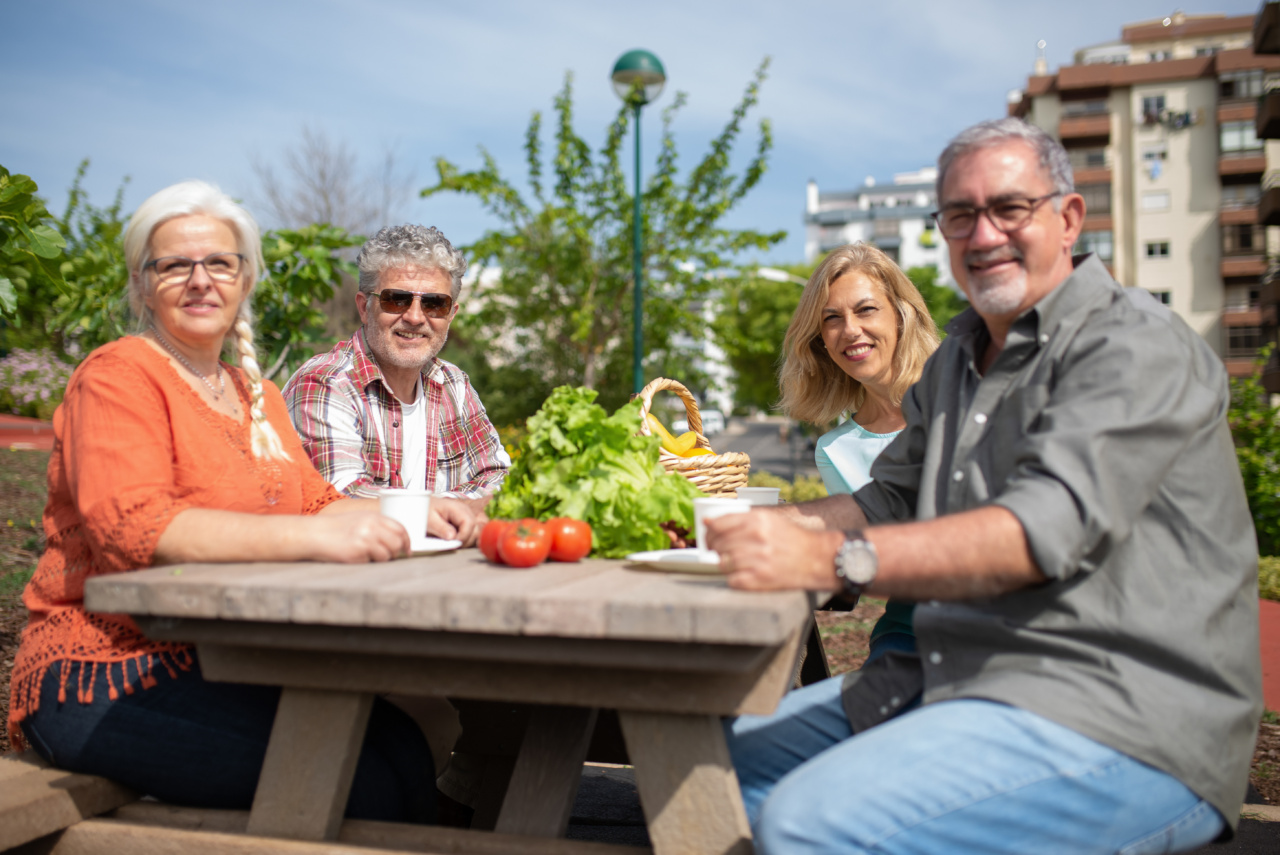The brain is one of the most vital organs in the body and it requires proper nutrients to function optimally.
As we age, our cognitive abilities tend to decline, and seniors are at a higher risk of developing neurodegenerative diseases like Alzheimer’s and dementia. However, research has shown that certain vegetables can provide essential vitamins and minerals that help to improve brain function and protect against cognitive decline.
1. Broccoli
Broccoli is a cruciferous vegetable that is a great source of vitamin K, vitamin C, and folate.
Vitamin K has been shown to improve cognitive function in older adults, while vitamin C is known for its antioxidant properties that help to protect the brain from oxidative stress. Folate helps to lower levels of homocysteine, an amino acid that can damage blood vessels in the brain.
2. Spinach
Spinach is a leafy green that is rich in antioxidants, vitamins, and minerals. It contains high levels of vitamin K, which has been linked to improved cognitive function.
Spinach is also a good source of iron, which helps to improve brain function by increasing oxygenation in the blood.
3. Beets
Beets are a root vegetable that are high in nitrates, which help to increase blood flow to the brain. This increased blood flow helps to improve cognitive function and protect against cognitive decline.
Beets are also a good source of vitamin C, which has antioxidant properties that help to protect the brain from oxidative stress.
4. Carrots
Carrots are a great source of vitamin A, which is essential for brain function. Vitamin A helps to maintain healthy neurons and improve cognitive function.
Carrots also contain high levels of antioxidants, which help to protect the brain from oxidative stress.
5. Brussels sprouts
Brussels sprouts are a cruciferous vegetable that are high in vitamin K and folate. These nutrients have been linked to improved cognitive function in seniors.
Brussels sprouts are also a good source of vitamin C, which has antioxidant properties that help to protect the brain from oxidative stress.
6. Cauliflower
Cauliflower is a cruciferous vegetable that is a good source of choline. Choline is important for brain function as it helps to produce acetylcholine, a neurotransmitter that is essential for memory and learning.
Cauliflower is also a good source of vitamin C, which has antioxidant properties that help to protect the brain from oxidative stress.
7. Sweet potatoes
Sweet potatoes are a root vegetable that are high in beta-carotene, which is converted into vitamin A in the body. Vitamin A is essential for brain function and helps to maintain healthy neurons.
Sweet potatoes are also a good source of antioxidants, which help to protect the brain from oxidative stress.
8. Tomatoes
Tomatoes are rich in lycopene, an antioxidant that helps to protect the brain from oxidative stress. Lycopene has been linked to improved cognitive function in seniors.
Tomatoes are also a good source of vitamin C, which has antioxidant properties that help to protect the brain from oxidative stress.
9. Peppers
Peppers are a great source of vitamin C, which has antioxidant properties that help to protect the brain from oxidative stress. Peppers also contain capsaicin, a compound that has been shown to improve cognitive function in animal studies.
Capsaicin promotes the growth of new brain cells and improves learning and memory.
10. Kale
Kale is a leafy green that is high in vitamin K, which has been linked to improved cognitive function in seniors. Kale is also a good source of antioxidants, which help to protect the brain from oxidative stress.
Additionally, kale contains compounds called glucosinolates, which have been shown to protect against neurodegenerative diseases.
Conclusion
Eating a diet rich in brain-boosting vegetables can help seniors to maintain cognitive function and protect against cognitive decline.
These vegetables contain essential nutrients like vitamin K, vitamin C, folate, and antioxidants that help to improve brain function and protect against oxidative stress. By incorporating these vegetables into their diet, seniors can give their brain the nutrients it needs to function optimally.































